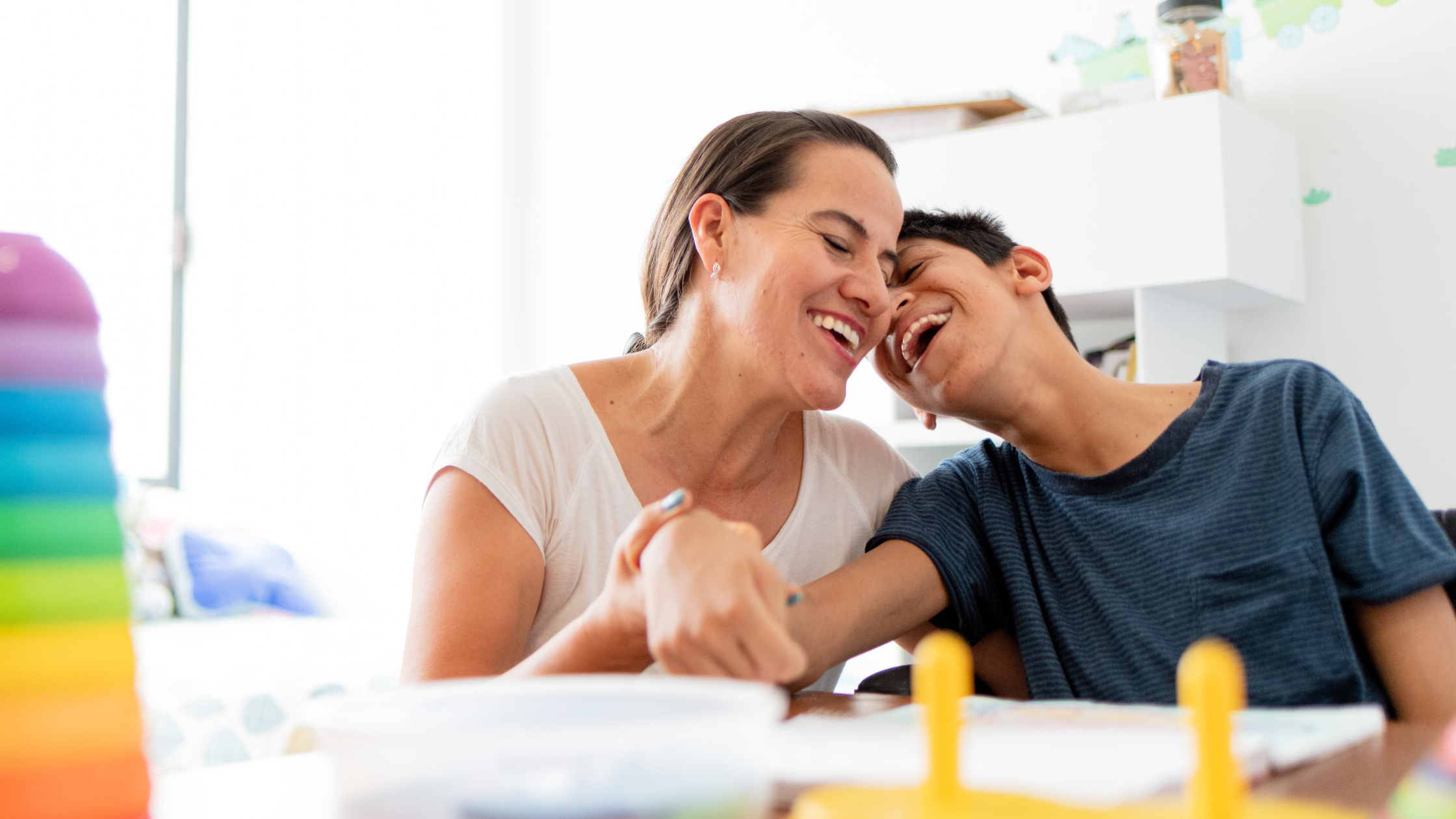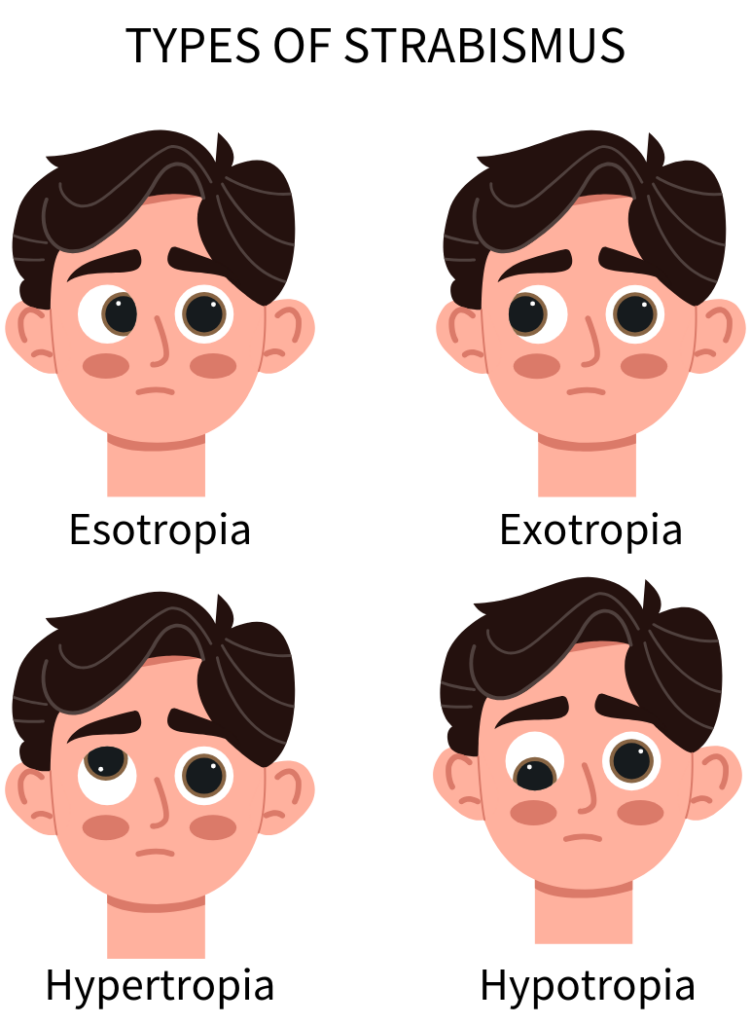Understanding Vision Disorders in Children with Cerebral Palsy

WashU Medicine pediatric ophthalmologists partner with neurosurgeons in The Center for Cerebral Palsy Spasticity at St. Louis Children’s Hospital to diagnose and treat vision disorders in children with cerebral palsy (CP).
We understand the unique challenges children with CP face and are committed to providing comprehensive care. This collaboration ensures a multidisciplinary approach to each child’s unique needs. Our specialists provide care that addresses both neurological and visual challenges, maximizing the potential for improvement.
Why Vision Matters
Approximately 70% of children with cerebral palsy (CP) have vision disorders. The disorders can significantly impact their ability to walk, coordinate eye-hand movements, read, learn, focus, and maintain social eye contact. Due to the complexity of examining children with CP, vision problems are often misdiagnosed or incompletely diagnosed. Parents may be told their child has Cerebral Visual Impairment (CVI) and that little can be done. However, labeling a child with CP as having “CVI” can be inaccurate since many other treatable visual disorders might be present.
Common Vision Disorders in CP
Strabismus
- Description: Eye misalignment (eye crossing or wandering).
- Effects: Causes double vision, visual confusion, and poor depth perception.
- Treatment: Strabismus surgery can help children with CP regain binocular vision, depth perception, and stable eye alignment. Studies have shown that children with CP in most cases respond to strabismus surgery similarly to neurotypical children, challenging the outdated view that treatment is futile or merely cosmetic.

Nystagmus
- Description: Twitching or jerking of the eyes.
- Effects: Degrades vision due to the constant movement of images on the retina, making it difficult to see clearly. Children often hold their head in an unusual position, such as tilting or turning it to reach the “null point”—the angle of vision where their eyes move the least and where they experience the most visual comfort.
- Treatment: Eye muscle surgery can quiet nystagmus, improve vision and head posture.

Gaze Apraxia
- Description: Difficulty moving the eyes smoothly to follow or fixate on objects.
- Effects: Children may use head movements instead of eye movements to shift their gaze. Severe cases (gaze palsy) may cause the eyes to get “stuck” in one position.
- Treatment: Eye muscle surgery can improve vision in some cases of gaze palsy, helping children move their eyes more effectively.
Refractive Errors and Difficulties with Glasses
- Description: Near-sightedness (myopia), far-sightedness (hyperopia), or astigmatism (abnormal corneal curvature).
- Effects: Blurred vision, difficulties wearing glasses due to head movements or frequent removal/breakage.
- Treatment: Refractive surgery options like LASIK, phakic intraocular lens implants, or lensectomy can restore sharp vision if glasses or contact lenses are impractical. These surgeries can significantly improve a child’s visual clarity and overall quality of life.
What to Expect at the Vision Exam or Surgery
Vision Exam:
- Our team specializes in examining children with CP, even the most uncooperative ones.
- The office exam may include testing in our Visual Diagnosis Laboratory, where we use advanced techniques to accurately diagnose visual issues.
- If needed, a brief exam under anesthesia can be arranged to ensure thorough evaluation without causing distress to the child.
Surgery:
- All surgeries are done under general anesthesia as outpatient procedures, meaning your child can go home the same day.
- Surgery typically lasts 30 minutes, and the child can resume normal activities immediately, ensuring minimal disruption to their routine.
- There are no travel restrictions post-surgery, allowing families to return to their usual activities without delay.
Helping Your Child See Better
Understanding and treating vision disorders in children with CP can significantly improve their quality of life. Our team at WashU Medicine is dedicated to providing the best care tailored to the needs of your child. By addressing vision problems effectively, we help children with CP reach their full potential in everyday activities and developmental milestones.